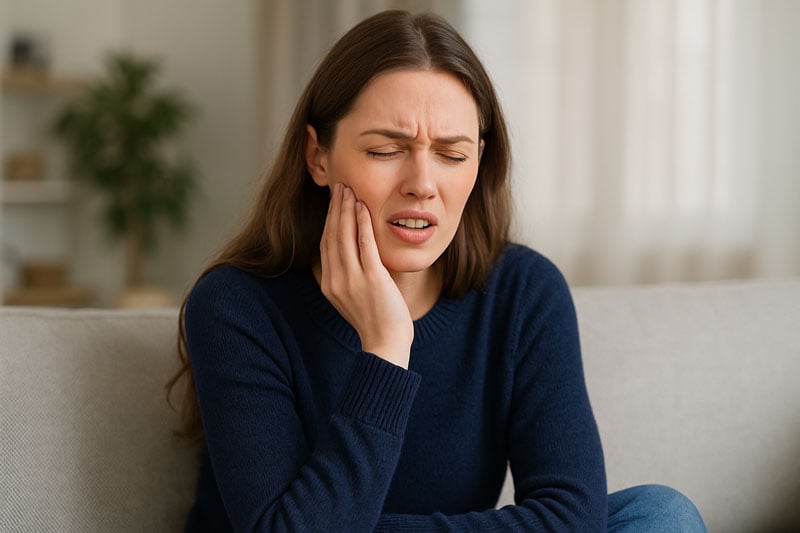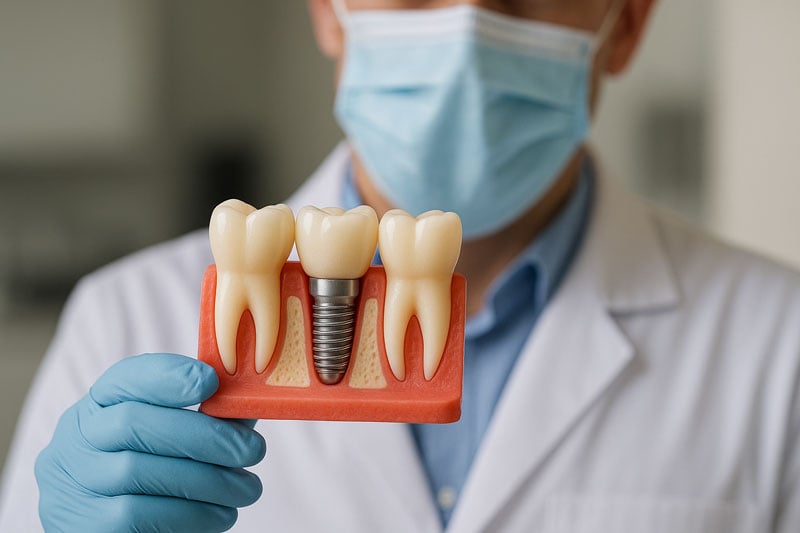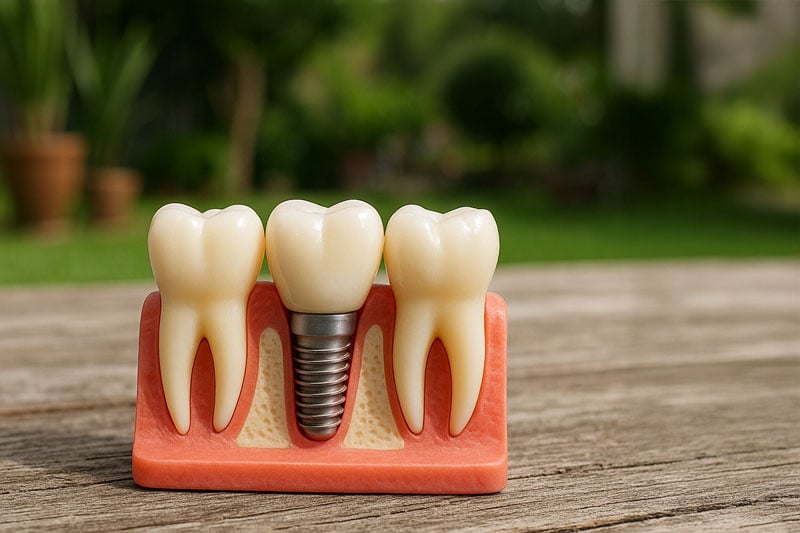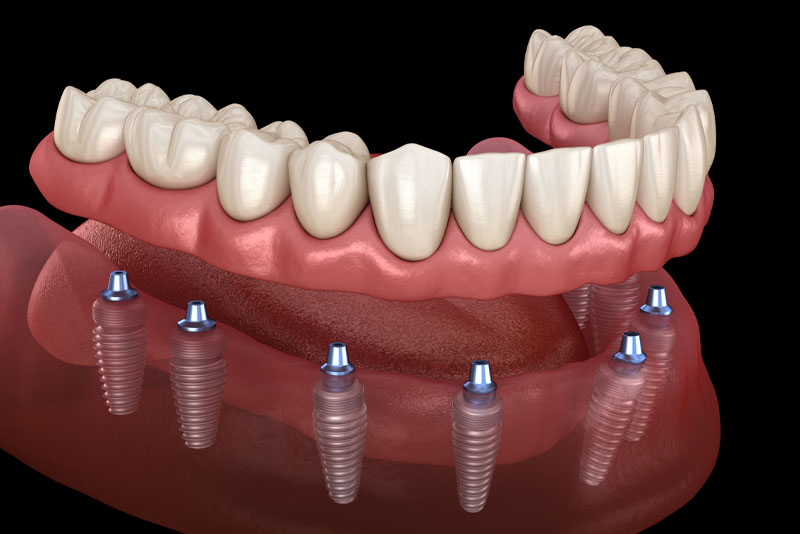Dental Blog - Las Vegas & Henderson, NV
Dental Blog

Obstructive Sleep Apnea Symptoms, Causes, Prevention, And Treatment
Obstructive sleep apnea (OSA) is the repetitive collapsing of the upper airway, partially or wholly, during sleep. OSA stems from the excessive relaxation of the soft tissues in the throat— majorly the soft palate or the tongue.
Other causatives include a bulky tongue volume, chunky tonsils, and the protraction of the soft palate, an unusual maxilla position, and a constricted area for the upper airways. OSA results in a low amount of oxygen inhaled and a substandard sleep quality.
Symptoms
You may experience mood inconsistencies, morning headaches, and loud snoring. You may have decreased libido and drowsiness and may wake up multiple times a night (probably without noticing) with a gasp or a choke. Additionally, your performance at school and work may take a hit. High blood pressure is not uncommon. Even without taking in a lot of water, you may wake up to a leak. Refluxes, sweating at night, and dry eyes constitute symptoms of OSA.
Inclusive of some of the above symptoms, children may be hyperactive and sometimes diagnosed with ADHD. As a result, their academic progress may suffer. Bedwetting may signal OSA. Make an effort to visit our dentist if these symptoms resonate.
Risk Factors And Likely Causes
OSA tends to affect men more than women, but after age 50, the tendency balances. Obstructive sleep apnea may affect overweight to obese people. The inheritance of a peculiar upper airway structure may lead you to get OSA. Asian, Black, and Hispanic heritages contribute to the chances. Smokers, asthmatics, people who have defective kidneys or hearts, or nasal congestions may be subject to obstructive sleep apnea. Despite your tough luck, our dentist will help you mitigate OSA.
Prevention And Treatment
If you are overweight or obese, think about losing weight. Beyond this reason alone, avoid smoking. Cutting on sleeping pills and alcohol will lower your OSA chances. That considered, sleeping on your side prevents the airway from getting blocked.
If symptoms seem severe or persist, contact our doctor for an examination and receive the appropriate treatment. Please book an appointment with our experienced practitioners today.[/vc_column_text][/vc_column][vc_column width=”1/3″][vc_single_image image=”428″ img_size=”full” alignment=”center” el_class=”img_col”][/vc_column][/vc_row]




